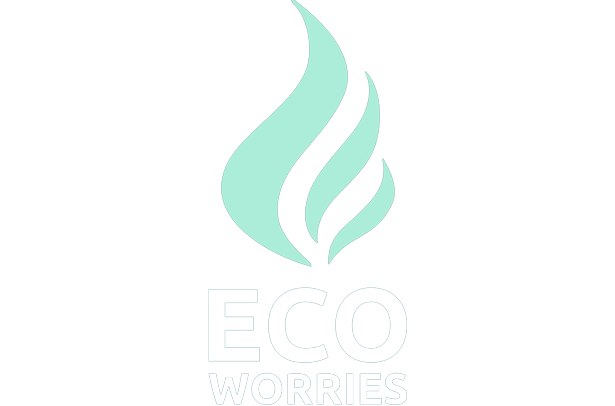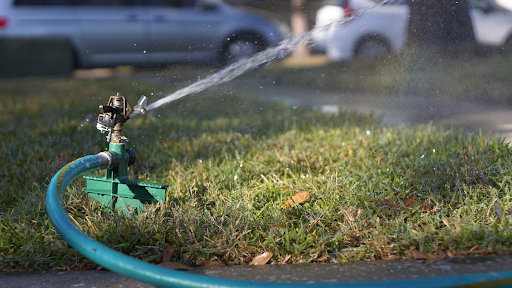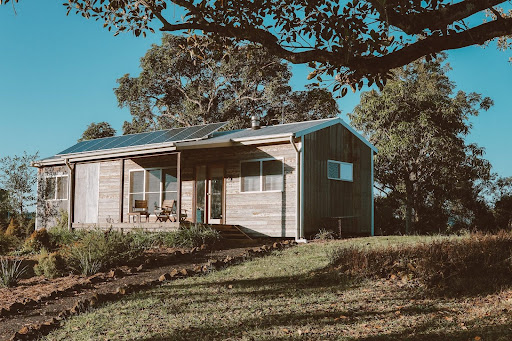Guest article provided by: biztechoutlook.com
Continue reading “Unveiling the Power of Data Visualization in Small Business Decision-Making”Category: Tips for Climate
Responsibly Reducing Water Waste in Your Garden and Yard
What sort of world do you want to leave for future generations? If you are concerned with this question, you can start taking better care of the environment by reducing the number of precious resources you consume. This includes water, and saving water often begins with limiting the amount of water needed to sustain your lawn and gardens. If you want to commit to using less water and leaving a better world behind, these eco-friendly lawn and garden resources will help.
Start with Water-Conscious Grass and Gardens
Saving water can begin with choosing the right plants for your lawn and gardens.
- There are quite a few gardening tactics that can help you save water with your lawn and gardens, including using hardy and drought-tolerant plants.
- Begin by selecting drought-resistant grasses for your lawn, which can include fescue, buffalograss, and centipede, depending on the sort of climate you live in.
- Then be sure to plant shrubs and hedges that do not require a lot of water.
- Add some pops of eco-friendly colour to your gardens with low-maintenance flowers.
- Be sure to add mulch to your flower beds and gardens in order to trap in moisture and cut down on the amount you need to water.
Water Lawns and Gardens at the Right Times
When you water is just as important as the plants you pick when it comes to reducing waste.
- The best time to water your lawn depends on the season and your location, but morning and evenings are usually recommended.
- To maintain grass in summer, you will need to water your lawn more and you should also think about keeping your grass longer.
- If you want to conserve water and keep your lawn healthy, know when to stop watering as summer turns into fall and winter.
- A smart irrigation system can take the guesswork out of watering your lawn and make it easier to adjust irrigation schedules as the seasons change.
- Installing a misting system can be another effective way to keep plants cool and healthy without having to worry about using a lot of water.
- Making money and water saving updates like these could boost your home’s value.
Keep All Irrigation Systems Properly Maintained
Even a small leak can result in a huge amount of waste, so keep your systems maintained
- Mind leaks, as one tap can waste up to 9,000 litres of water per year.
- Some signs of leaks in your irrigation system can include spikes in your utilities and inexplicably damp spots in your lawn.
- If you suspect a leak in your hose bib, you may be able to easily fix it on your own.
- Also, be sure to inspect your garden hoses and repair leaks if and when needed.
- Updating your irrigation system may be wise when you suspect multiple leaks or simply want to look for ways to make watering more efficient.
We should all be more mindful and conscious of the resources we use. You can start by committing to eco-friendly and water-conscious landscaping around your home.
Photo via Unsplash
Want to Save Money (or Live Off-Grid)? Here’s How Solar Panels Can Help
By early 2021, the United States reached a critical milestone. After recent installations, the total solar capacity in the country exceeded 100 GWdc. That’s an incredible amount of electricity-generating potential.
Part of the reason for the rapid expansion is that solar panels can save you money. Overall, they are a cost-efficient option for electricity. Plus, with the right installation, you’ll never need to tap into your local utility.
Additionally, solar panels can be added to most common roof types. Both metal and composite shingle roofs are great foundations for the installations. Since most homes feature those, solar panels are accessible to the masses.
Saving Money with Solar Panels
A Natural, Accessible Source of Energy
Once you have your solar panels system in place, you immediately get access to energy. You’re practically guaranteed to see a dip in your next electricity bill. Plus, if your system is large enough, you may reach net-zero, eliminating that monthly cost.
If you want to live off-grid, solar panels are your best bet for accessing electricity. You’ll simply need a system that can handle your full needs. If you have that, generating enough power to keep your home running won’t require connecting to a utility. Then, you can live comfortably even if you are hundreds of miles from a city.
Tax Credits, Rebates, and Special Programs
Adding solar panels to your home usually costs between $15,000 to $25,000. However, that amount doesn’t necessarily take into account tax credits for solar panel installations, other incentives, or access to special programs.
For example, rebates may be available for specific kinds of solar panels. There are seven different panel types, including:
If you want to take advantage of a rebate, you’ll need to choose a qualifying solar system. Review the program before you install any panels to ensure your eligibility.
With a solar panel installation, you might be able to use unique financing options. For instance, the FHA Energy Efficient Mortgage Program lets you wrap up the cost of qualifying home improvements into your mortgage. You’ll often get a much lower interest rate than with other kinds of loans, allowing you to save on interest costs.
Net Metering
If you install solar panels and are connected to a local utility grid, you may be eligible for net metering or a similar program. Exactly how these work does vary, so you’ll want to check with your local utility to see what’s available. However, it could be a way to store credits that you can put toward future electricity bills or receive a payment for the energy you send back to the grid.
Protect Your Roof
Replacing a roof is expensive. The thing is, solar panels can provide your roof with some extra protection. The panels create a layer that reduces the likelihood of direct roof damage from debris and weather events.
Plus, it shields the roof from the sun. Usually, your roof is hit straight-on by the sun’s energy, heating the material and potentially harming it. With solar panels, there’s less roof exposure, limiting any sun-related harm that can occur over time.
Reduce Vehicle Fuel Costs
Advancements in electric cars make these vehicles an increasingly viable option. If you have a solar panel system and replace your car with a plug-in electric version instead, you can capture even more cost savings. Not only are you not dependent on gasoline, but you can also generate the electricity you need to charge your vehicle on your own.
There’s plenty of reasons to go solar and not enough not to. So get the process started today.
Image via Pexels




